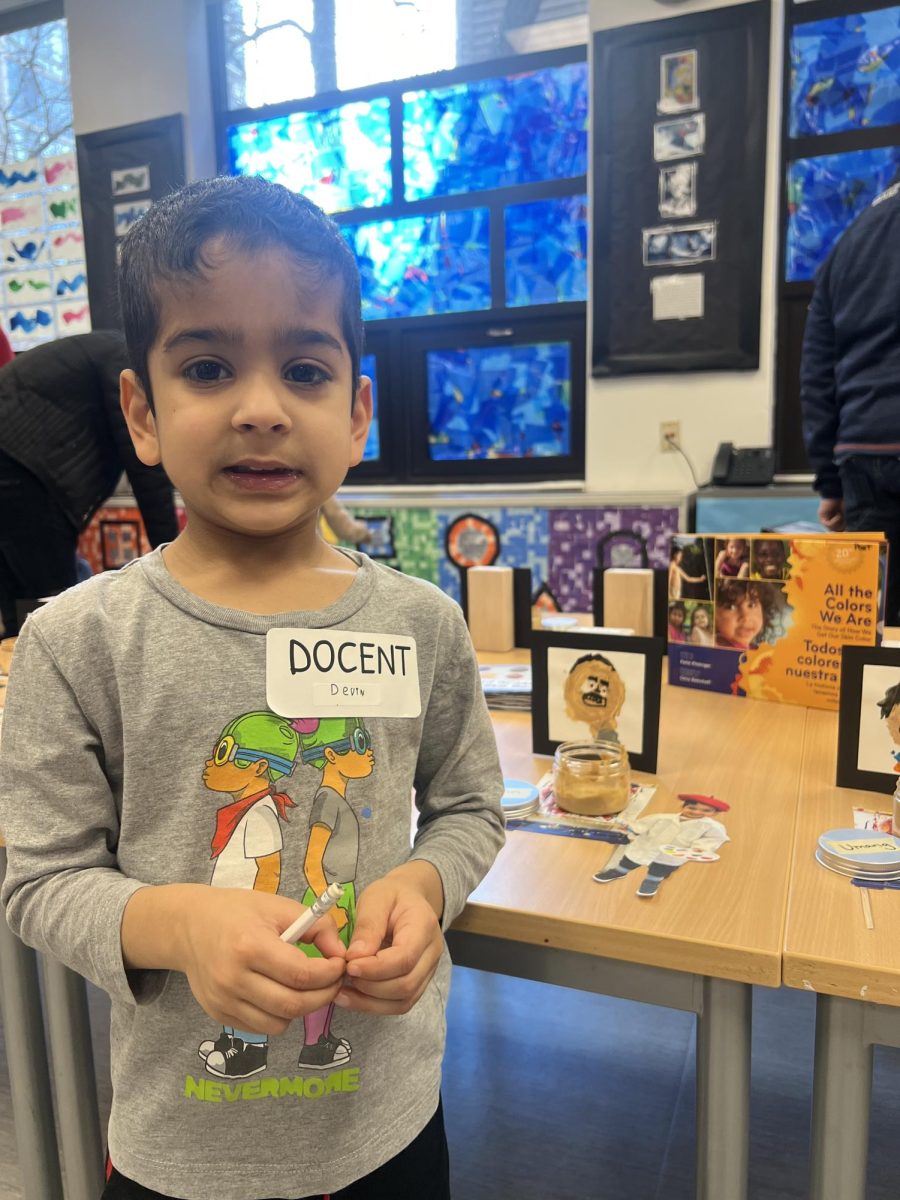Madeline Cohen
To those who run Latin’s Student Government, the process is obvious, logical, and effective. However, to the rest of the school—the people who Student Government aims to represent—the system is not always as clear. When students were asked to share their opinions, a single question appeared ubiquitous: what does Student Government really do?
“It’s hard to give an honest opinion,” answered a freshman after a second of thought. “I don’t know too much about their involvement. They’re working more in the shadows.”
This response is understandable, as much of Student Governments’ efforts go unseen. With the majority of work being the organization and planning of events, the school often only sees the finished product. The fact that Student Government is not particularly vocal about their accomplishments only adds to the problem.
In reality, Student Government was put to work early on with the planning of the homecoming dance and pep rally, as well as making sure that everything was working smoothly for back-to-school. They’ve run all our gatherings and assemblies, organized spirit days and clubs fair, and established relationships with clubs. At a monthly Town Hall meeting, Student Government discussed loans, determining that each will now be evaluated on a case-by-case basis. Student Government also supported the proposition of an internet-broadcasted Romans’ Radio, where anyone anywhere with a computer and Wi-Fi could access a stream of updates, announcements, and more Latin-related information.
At another Town Hall meeting, the discussion of the winter ball and winter carnivals as well as the roles of grade representatives prompted the recent advisory visits. Student Government was aware that the majority of Latin had not really had the chance to check in with their grade representative and realized why people were feeling left in the dark: although numerous meetings are open to the entire upper school, attendance of those who are not in Student Government is small. Town Hall meetings– which are frequently stressed as being publically open—are lucky to see even a few students who are not in Student Government. For this very reason, most people have no way of knowing what decisions and changes are being made.
In an effort to communicate with the rest of the school, Grade Representatives were sent to all of their grade’s advisories to get feedback from their classmates. Although some ran out of time before visiting all the groups, Grade Representatives returned to the next Town Hall meeting with comments and critiques, which are valuable tools for making future decisions. The students’ responses to the visits were also positive. Students liked that they were given the opportunity to share their opinions directly, knowing that it would be brought to Student Government’s attention. They felt that this was really the first time that they had been addressed personally.
Overall, Latin’s Student Government appears to be more effective than not. Other than one apparently major issue with communication, students are generally highly supportive of all that Student Government has been doing. By continuing school-wide check-ins, keeping meetings public, and encouraging the collaboration of ideas, Student Government can hopefully instill a feeling of inclusion in students, which will help the group to grow only stronger and more successful.
]]>



































